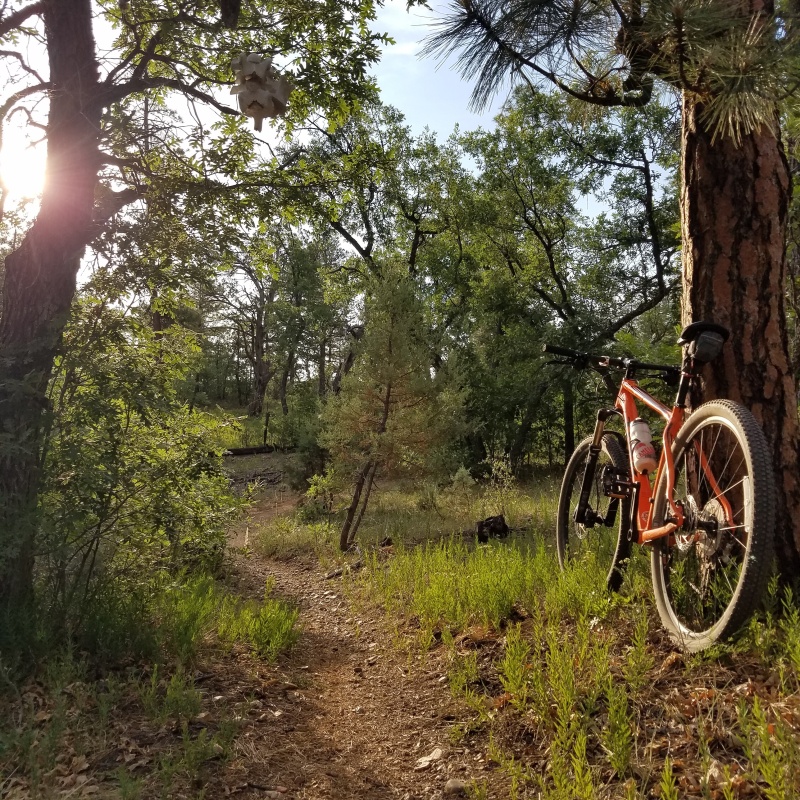
Image via Wikipedia
Customer service.
We’ve turned taking care of the sick and injured into fucking Burger King. Everyone wants it “their” way. Sorry folks, life isn’t like that especially in my house. When we turn patients into consumers, they begin to expect to treated like customers and hence have no skin in the game. This leads to unrealistic expectations and our administrative “leaders” play up that we are in the business of providing customer service instead of healing. That then becomes our problems on the floors and our “customers” think that “their” way is the only way.
Yes, I will be disturbing you at midnight to check your vitals and then doing it again at 4am.
Yes, you will have blood drawn, probably several times through the day and night.
No, you can’t have your hydrmorphodemerolepam every hour, even if that’s how you take it at home – which is probably what got you here in the first place.
No, burger and fries are not part of your heart healthy diet to help treat your congestive heart failure.
Yes, lasix makes you pee. And, yes, I will be giving you a dose tonight, as the doctor ordered, every 8 hours so that you can breath and not have a hugely swollen scrotum.
Yes, it would be nice for your family to come in to learn wound care techniques so they can care for you at home.
No, not all of them can stay the night with you in a double room.
No, you can’t go out to smoke, even just for a minute. And I’m definitely not giving you an oxygen tank and wheelchair to do it.
Yes, you are more than welcome to leave AMA because we’re all racist assholes who won’t give you IV narcotics every hour, please just sign this form.
No, you don’t get a cab voucher, discharge prescriptions or fresh clothes if you do leave AMA. Sorry.
Yes, Dr. First-Year Intern, they just left AMA after threatening the entire staff, but you might catch them by the ED if you hurry. I’d bring Security with you though.
I will be polite and respectful, but I will not fawn over ingrates, feed into those with unreasonable expectations or take the crap from the dis-respectful. I refuse to be turned into a cashier clerk at the local fast food joint or a Pez dispenser of Oxycontin. There is difference between customer service and letting the public run wild in our house.
It’s time to take it back.
To set expectations.
To educate our patients.
To let the world know that we are not there to be exploited, abused and disrespected.
It’s a long journey, but it starts with a single step, for nurses and other health-care providers to stand up and say, “NO MORE!” and start to expect our patients to be active and involved, to care about their health, to put some skin in the game and start behaving like responsible adults.
But that will never happen. Sad.





